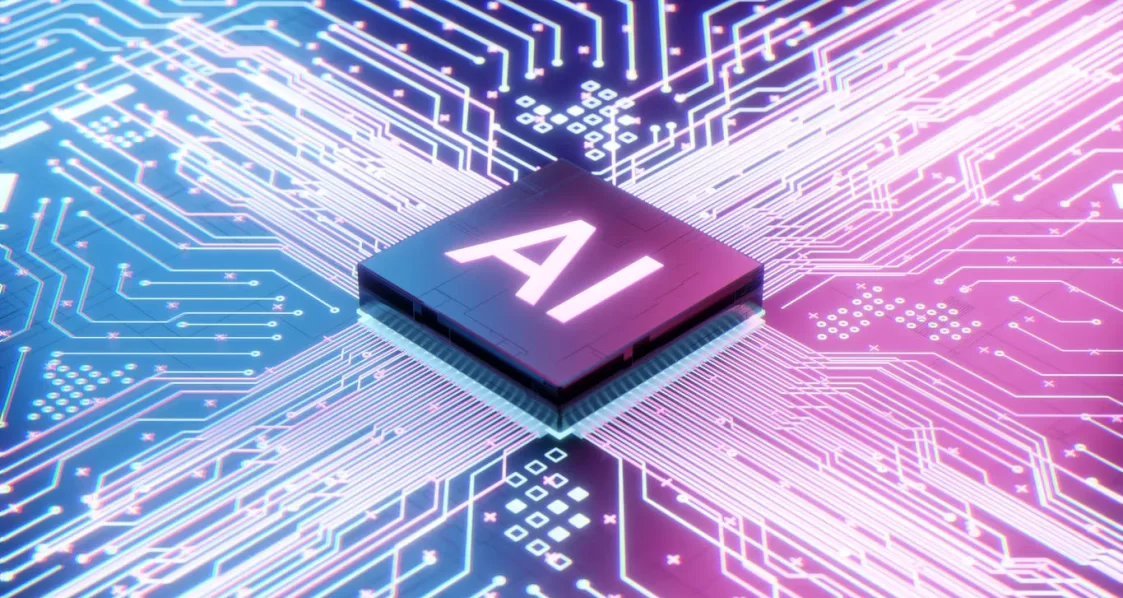An Introduction to the Bucharest AI Conference 11th and 12th of June, 2024, by Hardy F. Schloer
There is no question, our modern day to day life has benefitted greatly from the broad adoption of the so-called Artificial Intelligence, for short, AI. Our life is changing currently in powerful ways we only can compare with the beginning of the Industrial Revolution. This time, however, it’s happening at near-light speed. Life soon will never be the same. To highlight these facts, we can take a brief look at just two simple examples: agricultural farming and the field of healthcare. Here are some basic facts on how AI has transformed these two areas of society irreversibly:
Today AI has given rise to Precision Farming, which can accurately monitor soil health, degradation, and irrigation. AI is incorporating in farming strategies such technical features as real-time precision meteorological predictions, plant breeding optimization, computer-based crop advisory, plant disease detection, or deploy automated drones for precision spraying of pesticides. From an economic perspective, AI can now manage mapping yield with market demand. Farmers can now use agricultural robotics together with AI-generated predictive analytics and automation in production, weeding, and assisting in any other type of farm-based decision-making. The old romantic idea of a farmer is quickly giving way to the AI farmer, armed with super-computers and networked technologies. This trend is not only greatly accelerating, but it is irreversible. Those farmers without AI will soon be rendered uncompetitive and soon irrelevant. The farmer of the future is a robot.
Just like farming, the field of medicine is equally transformed in many ways. Pharma companies for example use AI aggressively now in precision medicine creation (one drug for one person), and they can do clinical trials simulations and therefore accelerate greatly new drug discovery. In the clinical practice of medicine, AI-based analysis of medical images such as Skin Vision in Dermatology or x-ray interpretation is integrated already everywhere in modern hospitals. There are many other AI applications in medicine such as autonomous patient health monitoring, robot-assisted surgery, digital consultation, treatment plan designs, virtual healthcare assistants, virtual nurses, dosage error reduction, quality control in patient interviews, and telemedicine to monitor patients 24/7 remotely. In administrative tasks, AI can manage autonomously administrative workflows, create, and preserve medical documentation, implement universal quality control in health data, and manage cybersecurity for medical patient information. And all this is only the beginning. The doctor is becoming gradually the administrator of robotic technological tools, and no longer the caregiver or decision maker. This may sound like a Science Fiction movie, but this time, its reality, and it is well on its way to transform the entire field of medicine. The human factor is gradually eliminated from the equations of clinical decision making and caregiving, and the design, implementation, and monitoring of treatment plans.
The two examples above barely touch the full scope and power of this AI storm we are about to experience. Not all effects are positive and desirable. Many negative consequences are arising from the AI transformation as well. For starters, all these AI solutions are created as one-solution-for-one-problem approach. None talk to others, none help others. Some AI problem solutions may contradict other ones, and therefore pinning one AI against another, often without realizing it (i.e. production vs. environment, etc.). Moreover, AI is unfortunately not used only by those who have good intentions, but it has already become increasingly a primary tool for criminals, crime organizations, rogue government entities, and ill-applied social media interactions (i.e. deep-fake, miss and dis-information, illicit trade, etc.). The negative effects of this AI adaptation have already begun to outpace in some areas the positive benefits. To make things worse, this very broad and thorough adaptation of current AI models (i.e. generative AI, Neural Nets, Machine Learning, etc.) are predicted by at least six different major scientific university studies from the USA and elsewhere, to consume by 2028-2035 more electricity than the rest of the entire planet combined. This is neither sustainable, nor currently even possible, given the physical and environmental limitations of electric power production with present technologies within an environment which is already at a most critical phase, posing an existential threat to humanity and the global bio-ecology.
All this is only the initial starting point for the discussions of this conference, in which we look critically at these problems, opportunities and potential solutions, and to re-frame the entire field of Artificial Intelligence, for it not to become the existential threat and possible end of humanity, but a true beneficial advancement for a sustainable, safe, and desirable future. We will illuminate several very necessary transformations and their related possibilities. First, the immense dominance and powerful consequences of modern AI should not be viewed as an isolated special interest solution, but must be consensually acceptable by humanity at large, and globally, as they affect every man, woman, and child on this planet eventually. This requires a global top-down approach of the application of AI across every aspect of humanity. AI must not only affect, enable, change, and solve things, but it must do so within the global framework of transparently knowing and understanding all consequences of such actions; short-term and long-term. This can only be done by creating an information-ecologic and global top-down inter-connected AI environment, within all AI solutions that can be tested and implemented in its contextual and consequential matrix of global behavior and balance amongst all global stakeholders. What is truly needed is a global cognitive AI approach (AI modeled around the way humans think, not the way machines think) and a technological framework, which enables humanity to adapt AI safely, effectively, and transparently, taking security, equality, and ethical values into consideration.
This conference is organized to present and discuss the much-needed changes and solutions by creating a desirable and safe future where our life becomes of better quality through future AI, by solving the critical problems of current AI.
